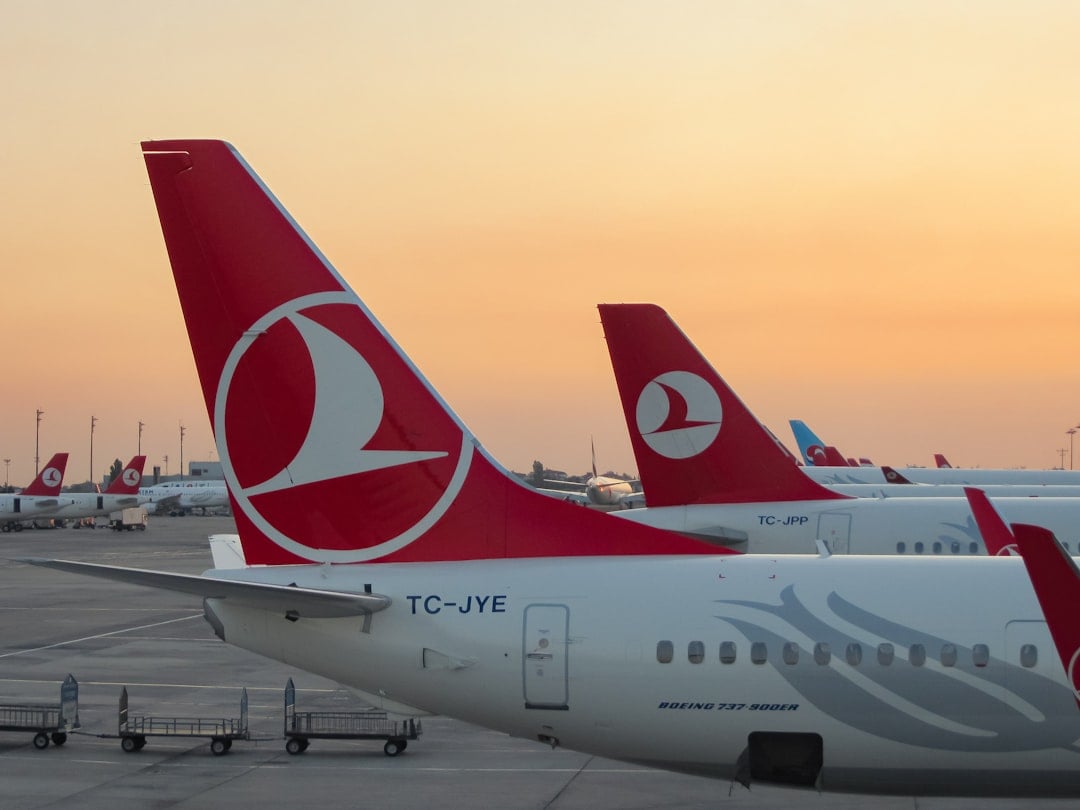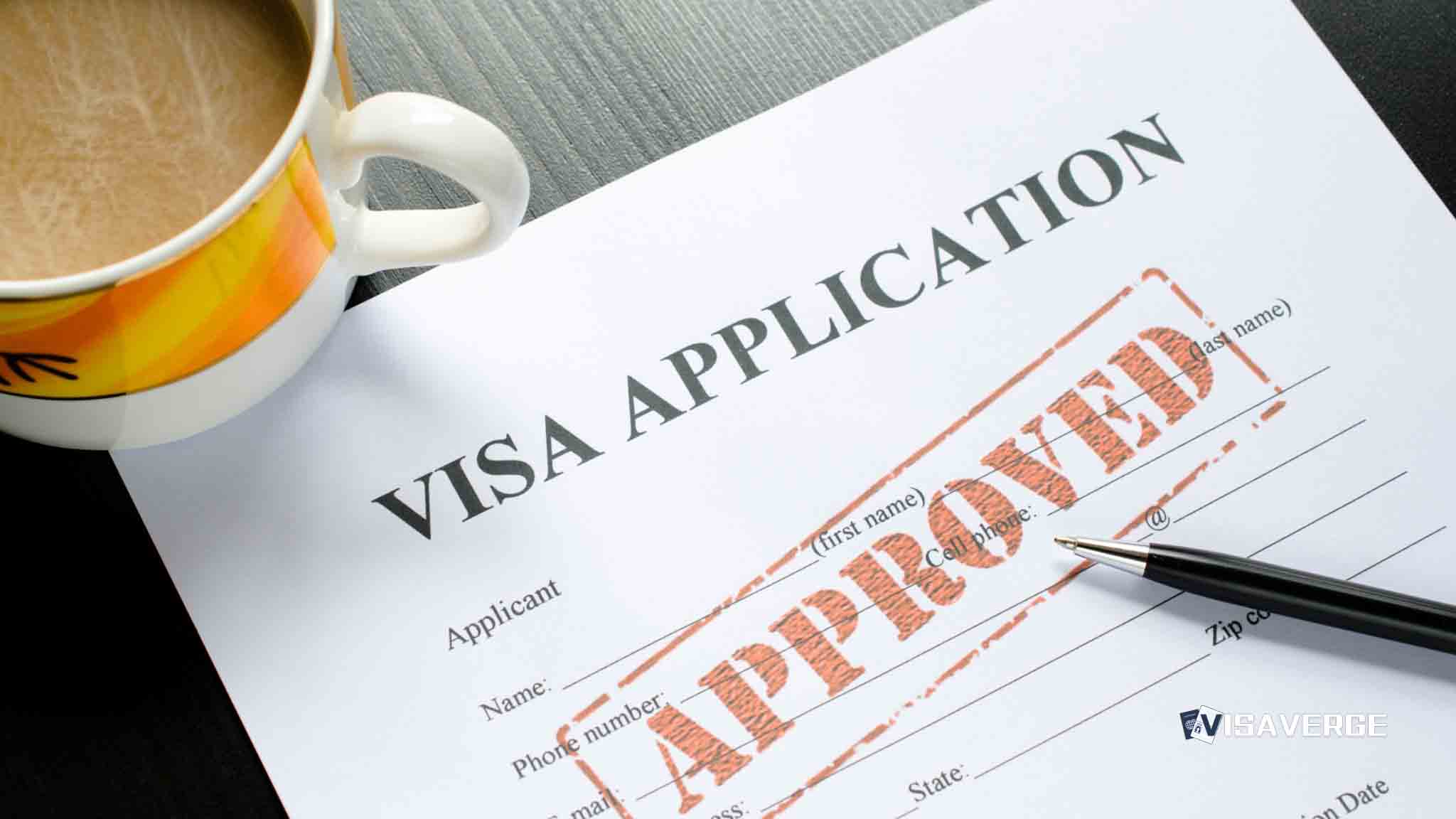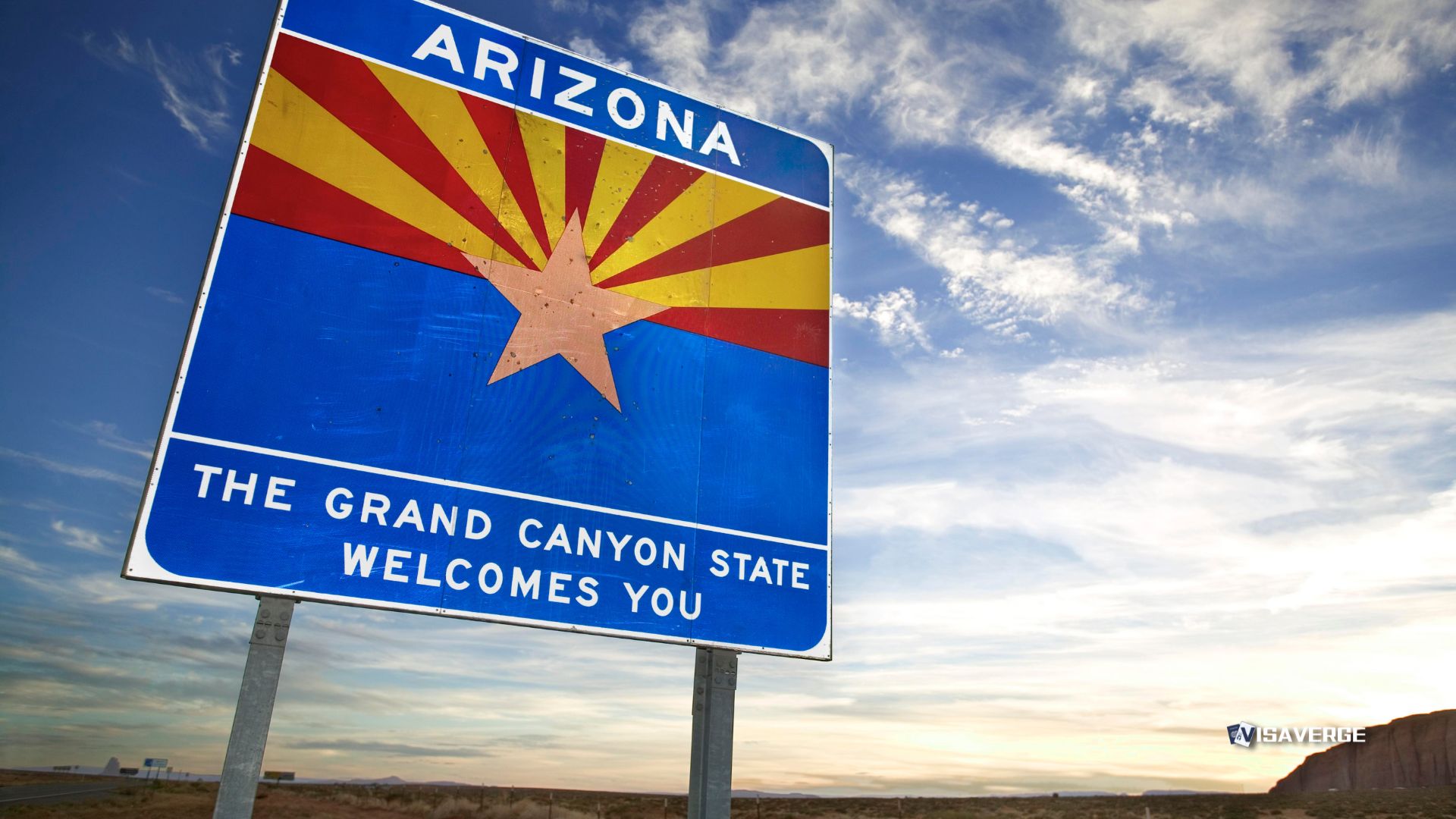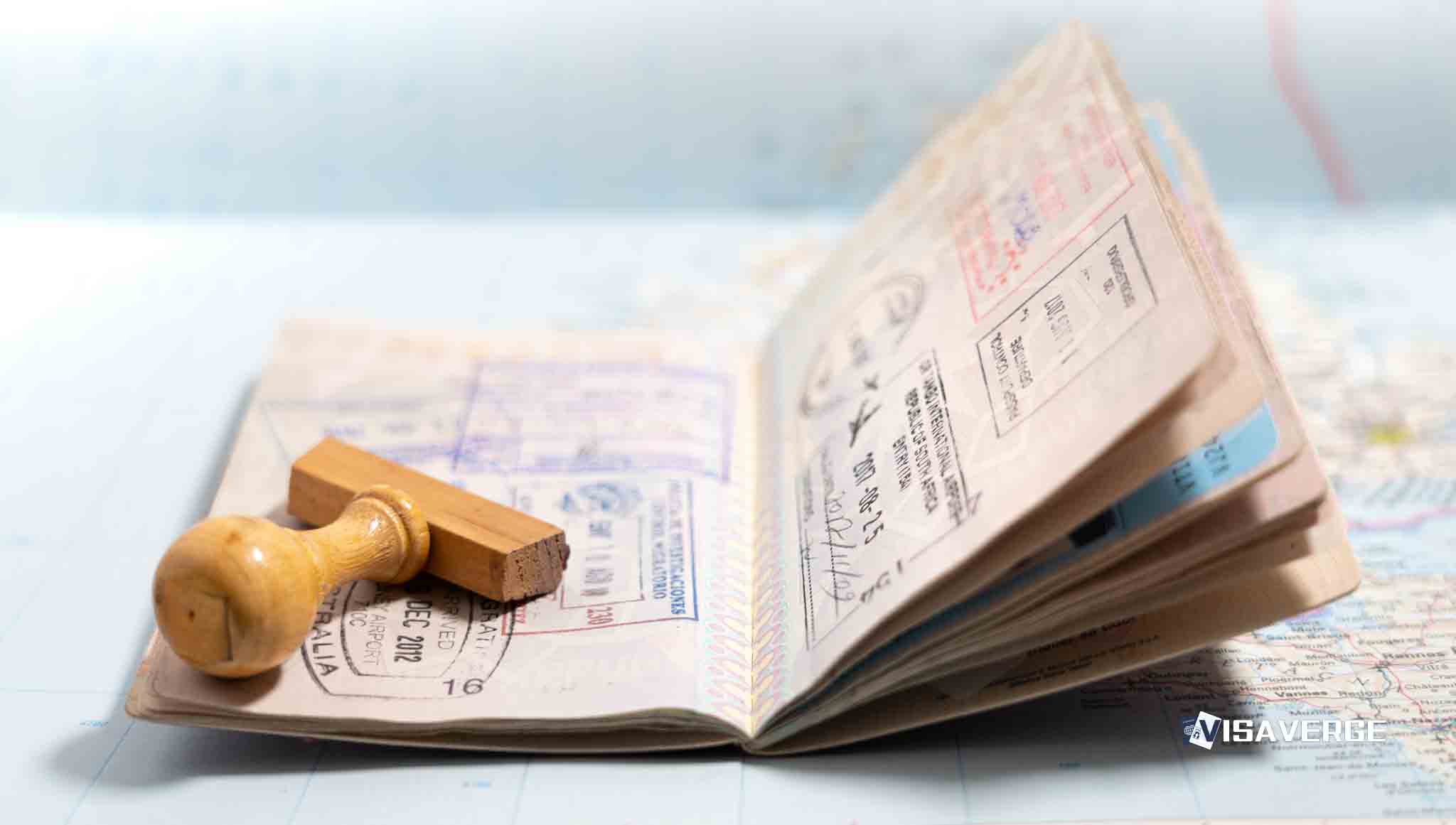Key Takeaways
• Turkey fines passengers $70 for standing before seatbelt sign turns off after landing, effective May 2, 2025.
• All flights landing in Turkey, regardless of airline or nationality, must follow this regulation under Article 143.
• Violations reported by cabin crew to DGCA, which issues fines; airlines update announcements and train staff.
Turkey Imposes $70 Fine on Airline Passengers Who Stand Up Too Early After Landing
In a move that has caught the attention of travelers and airlines worldwide, Turkey 🇹🇷 has introduced a new regulation that fines airline passengers $70 (about £52 or €62) if they stand up or move into the aisle before it is their turn to leave the plane after landing. This rule, which took effect in early May 2025, is now being enforced on all flights landing in Turkey, regardless of the airline or the passenger’s nationality. The Turkish Directorate General of Civil Aviation (DGCA) is the main authority behind this change, aiming to improve safety and order during the often chaotic moments after a plane touches down.

This article explains what the new rule means for travelers, how it is enforced, why it was introduced, and what it could mean for the future of air travel. We’ll also look at how different groups—passengers, airlines, and airport staff—are affected, and what steps you should take if you’re flying to or within Turkey.
What Is the New Rule and Who Does It Affect?
The new regulation states that any passenger who stands up or enters the aisle before the plane has reached its parking spot and the seatbelt sign has been turned off will be fined $70. This applies to all flights landing in Turkey, whether you are flying with Turkish Airlines, a foreign carrier, or a budget airline. The rule is based on Article 143 of the Turkish Civil Aviation Law No. 2920, which gives the government the power to set and enforce safety rules on flights.
Key points:
– Fine amount: $70 (about £52 or €62) per violation
– Effective date: May 2025 (with enforcement starting as early as May 2, 2025)
– Who is affected: All airline passengers on flights landing in Turkey, regardless of nationality or airline
– Legal basis: Article 143, Turkish Civil Aviation Law No. 2920
– Enforcement: Airlines must report violations to the DGCA, which then issues the fine
The rule is not limited to Turkish citizens or Turkish airlines. If you are flying into Turkey from another country, or even on a connecting flight, you are expected to follow this rule. Turkish Airlines, the country’s largest carrier, has already updated its landing announcements to warn passengers about the fine, and other airlines are following suit.
Why Did Turkey Introduce This Fine?
The main reason for this new rule is safety. According to Kemal Yüsek, a senior official at the Directorate General of Civil Aviation, there has been a “significant rise” in the number of passengers who ignore safety instructions and try to leave their seats as soon as the plane lands. This behavior can be dangerous because the plane may still be moving, and sudden stops or turns during taxiing can cause injuries to passengers who are standing.
Authorities also point out other problems caused by this behavior:
– Blocking the aisle: When passengers stand up too early, they block the aisle, making it harder for cabin crew to do their jobs and for other passengers to leave in an orderly way.
– Delays: Crowding the aisle can slow down the process of getting everyone off the plane, especially for those seated at the front.
– Disrupting order: The rule is also meant to make sure that passengers respect the order of disembarkation, allowing those in front rows to leave first and reducing arguments or confusion.
The DGCA says the new fine is meant to encourage everyone to follow the rules, making flights safer and more comfortable for all.
How Is the Rule Enforced?
The enforcement process is clear and involves several steps:
1. Announcement: After landing, the cabin crew makes a special announcement reminding passengers to stay seated with their seatbelts fastened until their row is called and the seatbelt sign is turned off. These announcements are now required to be made in multiple languages to make sure everyone understands.
2. Observation: Cabin crew members watch to see if anyone stands up or enters the aisle before it is allowed.
3. Reporting: If a passenger breaks the rule, the crew fills out a “Disruptive Passenger Report” and sends it to the Directorate General of Civil Aviation.
4. Fine Issuance: The DGCA reviews the report and then sends a $70 fine to the passenger who broke the rule.
It is important to note that the fine is issued by the Turkish government, not the airline. The airline’s job is to report the violation; the DGCA is responsible for collecting the fine.
What Do Airlines Have to Do?
All airlines flying into Turkey must now follow these steps:
– Update landing announcements: Airlines must clearly tell passengers about the rule and the fine, both before landing and after the plane touches down.
– Train cabin crew: Crew members must be trained to watch for violations and to report them properly.
– Report violations: Airlines are required to file a report with the DGCA for every violation they observe.
Turkish Airlines was the first major carrier to put these changes into practice. With flights to 131 countries, Turkish Airlines’ quick adoption of the rule means that millions of international travelers will be affected. Other airlines, including Emirates and Qatar Airways, are reportedly considering similar rules, which could mean this approach spreads to more countries in the region.
What Are the Main Reasons Behind the Rule?
The new regulation is a response to several trends and problems:
– Increase in disruptive behavior: As air travel has bounced back after the COVID-19 pandemic, there has been a noticeable rise in passengers ignoring safety instructions and trying to leave their seats as soon as the plane lands.
– Global trend: Airlines and regulators around the world are taking a tougher stance on disruptive passenger behavior. For example, some airlines in the United States 🇺🇸 have tested new technology to make sure passengers board in the right order, and Middle Eastern carriers are looking at similar post-landing rules.
– Safety first: The main goal is to prevent injuries and make sure everyone follows the same safety procedures.
How Do Passengers and Experts Feel About the Rule?
Supporters: Many aviation experts and frequent travelers support the new rule. They say it will make flights safer and help everyone get off the plane in a more organized way. Some passengers have said they are tired of the “rush to the aisle” and welcome the change.
Skeptics: Others are not so sure. Some people argue that fines may not change the behavior of those who already ignore the rules, and that most passengers who follow instructions will keep doing so. There are also questions about how easy it will be to enforce the rule, especially on crowded flights.
Critics: Some travel bloggers and passengers say that standing up early can actually help speed up the process, especially for those in the middle or window seats who want to get their bags ready. They worry that the rule may be too strict and could lead to arguments between passengers and crew.
Online reaction: Social media and travel forums show a mix of opinions. Some people think the rule is long overdue, while others wonder how it will be enforced fairly, especially with language barriers or on flights with many tourists.
What Happens If You Are Fined?
If you are fined for standing up too early after landing in Turkey, you will receive a notice from the Directorate General of Civil Aviation. The fine is $70, and you will be told how to pay it. If you believe you were fined by mistake, you can contact the DGCA to contest the fine. Their official website, www.shgm.gov.tr, has information on how to appeal and who to contact.
Practical tips for travelers:
– Stay seated: Wait until the seatbelt sign is turned off and your row is called before standing up or entering the aisle.
– Listen to announcements: Pay attention to the landing announcements, which will now include information about the fine.
– Ask if unsure: If you are not sure about the rules, ask a crew member before landing.
How Does This Affect Different Groups?
Passengers: The most direct impact is on travelers themselves. Anyone flying into Turkey should be aware of the rule and the risk of a $70 fine. This is especially important for tourists or first-time visitors who may not be familiar with Turkish aviation rules.
Airlines: Airlines must update their procedures, train staff, and make sure they report violations. This adds some extra work for cabin crew, but it also helps them keep order in the cabin.
Airport staff: While the main responsibility is on the airlines and the DGCA, airport staff may also need to help answer questions from passengers who have been fined or who want to appeal.
Other countries and airlines: With Emirates and Qatar Airways considering similar rules, and with Turkish Airlines serving so many international routes, this approach could spread to other countries. Airlines and regulators in other parts of the world will be watching to see if the rule works as intended.
What Are the Broader Implications?
For safety: The rule is expected to reduce the risk of injuries during taxiing and make it easier for cabin crew to do their jobs.
For order and comfort: By making sure passengers leave the plane in the right order, the rule could make the process smoother and less stressful for everyone.
For international travel: As reported by VisaVerge.com, the Turkish regulation could set a new standard for how airlines and governments handle disruptive passenger behavior, especially in busy tourist destinations.
For future regulations: If the rule is successful, other countries may introduce similar fines or rules. This could lead to more consistent standards for passenger behavior around the world.
What Should You Do If You’re Flying to Turkey?
If you have a trip planned to Turkey, or if you are flying on an airline that lands there, here are some steps to follow:
– Check your airline’s announcements: Before your flight, look for updates from your airline about the new rule.
– Follow crew instructions: Always listen to the cabin crew and follow their instructions, especially after landing.
– Stay in your seat: Wait until the seatbelt sign is off and your row is called before standing up.
– Know your rights: If you are fined and believe it was a mistake, visit the DGCA’s official website for information on how to appeal.
Summary Table: Key Facts
| Aspect | Details |
|---|---|
| Fine Amount | $70 (approx. £52/€62) |
| Effective Date | May 2025 (reports of enforcement from May 2, 2025) |
| Legal Basis | Article 143, Turkish Civil Aviation Law No. 2920 |
| Applies To | All passengers on flights landing in Turkey |
| Enforcement | Airlines report violations; DGCA issues fines |
| Airlines Affected | All, with Turkish Airlines leading implementation |
| Other Airlines | Emirates, Qatar Airways considering similar rules |
| Key Stakeholder | Turkish Directorate General of Civil Aviation (DGCA) |
| Official Website | www.shgm.gov.tr |
Looking Ahead: Will Other Countries Follow?
The Turkish government’s decision to fine airline passengers for standing up too early after landing is part of a larger movement to improve safety and order in the skies. With other major airlines in the region considering similar measures, it is possible that this approach will become more common in the future. The next few months will show whether the rule leads to real changes in passenger behavior, and whether it is adopted by other countries with busy airports and large numbers of international visitors.
For now, if you are flying to or within Turkey, remember to stay seated until your row is called. Not only will you avoid a $70 fine, but you’ll also help make air travel safer and more pleasant for everyone on board. For more details on the official rules and how to contact the Directorate General of Civil Aviation, visit www.shgm.gov.tr.
By keeping up with these changes and following the rules, travelers can avoid problems and enjoy a smoother journey—no matter where they are flying.
Learn Today
Directorate General of Civil Aviation (DGCA) → Turkish government agency responsible for aviation safety and enforcing regulations on flights in Turkey.
Article 143 → A section of Turkish Civil Aviation Law No. 2920 allowing enforcement of safety rules and fines on passengers.
Seatbelt Sign → Aircraft safety signal instructing passengers to remain seated with seatbelts fastened during critical phases like landing.
Disruptive Passenger Report → A formal document cabin crew file to report passengers violating safety rules for official fines.
Taxiing → The movement of an aircraft on the ground under its own power between landing and parking positions.
This Article in a Nutshell
Turkey now fines airline passengers $70 if they stand too soon after landing. This safety rule, effective May 2025, applies to all flights landing in Turkey. Airlines report violations to authorities who issue fines, aiming to improve safety, reduce delays, and ensure orderly disembarkation for all travelers.
— By VisaVerge.com













